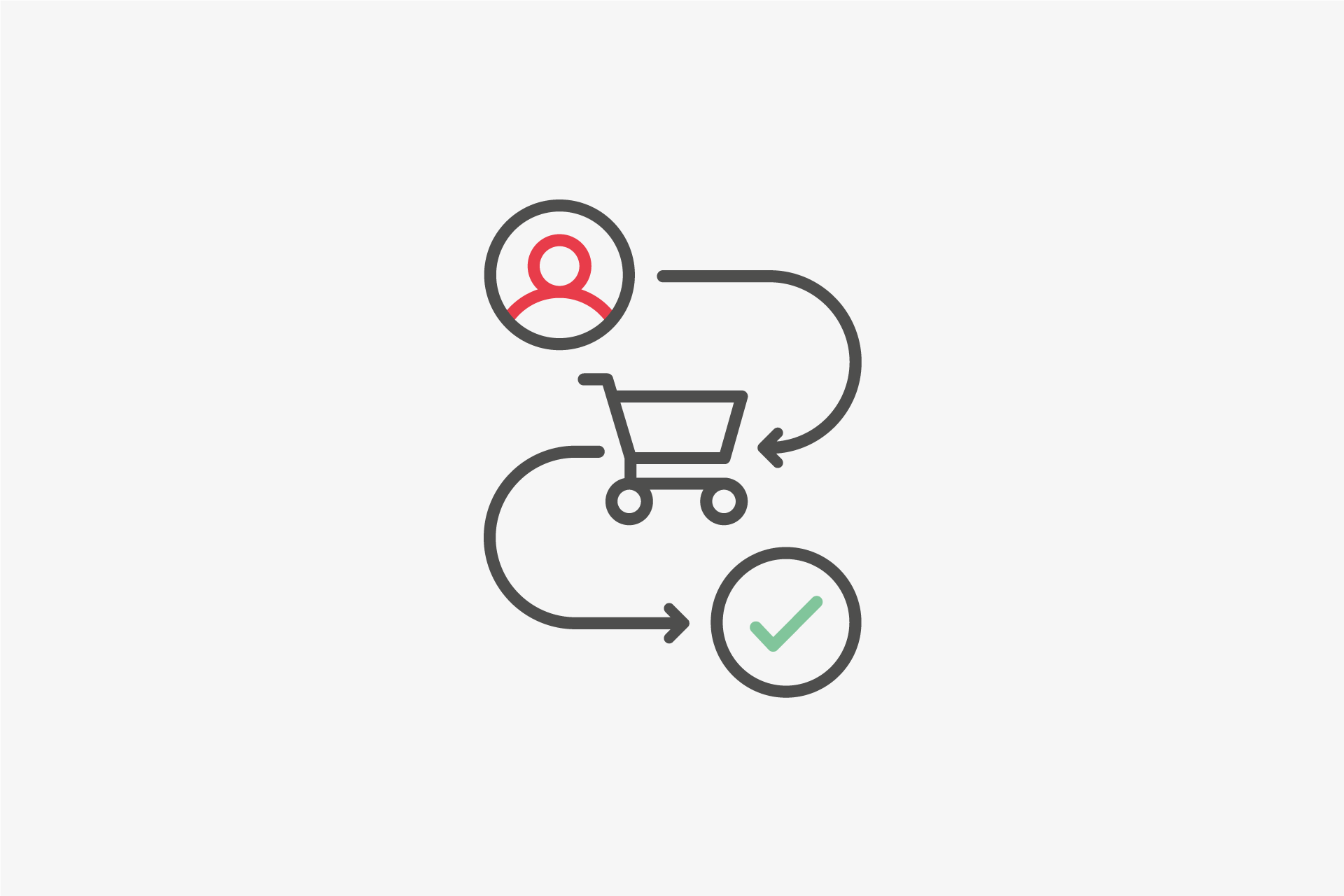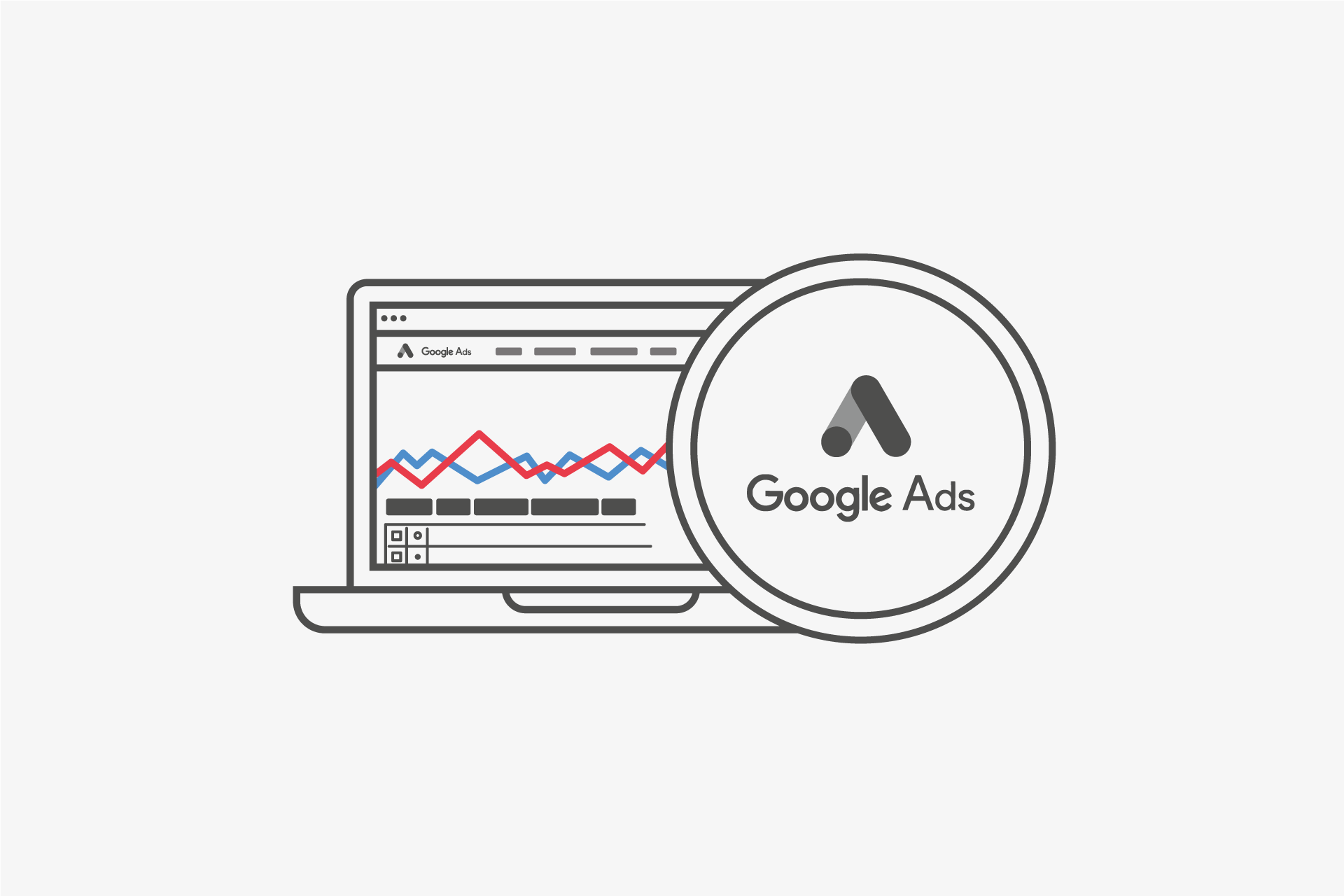How does the Google Core Update of December 2020 affect us?
When the update was launched, many SEO masters were frustrated because they did not understand why their sites had suffered a considerable drop in their ranking in the SERPS and others celebrated a rise in their ranking without having carried out any specific actions or strategies.
2 months later, after analyzing the traffic data of a significant number of digital marketing agencies, everything seems to indicate that the update affects 4 fundamental axes:
Google understands that each region has its own consumption habits, so when generating SEO strategies you must take into account your users by the specific region in which you want them to find you. We are talking about cities and not general strategies for countries or larger regions.
Due to the pandemic, the number of transactions that were made online during 2020 increased, which is logical, and with this the need for users to find sites that give them security for their pennies. So Google gives greater visibility to sites that have “financial security protocols”.
Another reason why your site could be affected by Google's Core Update is the usability of the site for people on mobile devices. It is no secret that the day is coming when Google will discard traffic data generated on personal computers. If your site doesn't work for mobile, or doesn't have a good usability for your consumers... X_X
The websites that were most affected, were those that target a specific audience. Let's understand pages about health, finance, work, law, real estate... sites where users are looking for specialized information, and they are looking for that information to be true. When a user searches for this type of sites, he/she is looking for reliable information, preferably written by professionals or experts. So the update affected sites that do not comply with EAT (Experience, Authority and Trust).
Bottom line; everything seems to indicate that the update affects 4 fundamental axes. What's next?
If you don't want to be affected by Google's Core Update, you need to stay one step ahead. Google Search wants to and is on its way to becoming more like a person (paranoia time) and understand how to better serve users. When approaching your SEO strategy, think like a user and not a company.
How do you normally search for information, what do you expect to find, and what is most relevant to you? Prioritize the human being, not the Google robot. With this Core Update we are closer to merging the two concepts. Before rushing to change things on your website, think if your site is designed for your end user. If it is, and you comply with all the rules of technical SEO and SEO On-page thinking about your user (not your potential customer), you have nothing to worry about.
.



